 Image 1 of
Image 1 of


100% Kona Coffee (Extra Fancy)
100% Kona Coffee. “Kona Extra Fancy” is the highest grade of Kona coffee available for Type I coffee beans. What are Type I coffee beans? Well, first, you must understand that there are two types of coffee beans: Type I and Type II.
On a fundamental level, both terms refer to the shape of the beans themselves. Typically, most crops of coffee cherries will produce two beans (this is Type I), but on rare occasions, some crops will produce only a single bean (this is Type II, also known as “peaberry”). Other than the shape of the beans, the differences exist in their flavor profiles and acidity. Type II coffee beans tend to be more expensive than Type I coffee beans because of their rarity, not because of a difference in quality. In other words, this does not mean that Type I beans are inferior to Type II. On the contrary, Type I vs. Type II comes down to personal taste. We all have different palates, so what may taste superior to one person will vary in taste to another.
Notable characteristics for “Kona Extra Fancy” are buttery richness with nutty and clove overtones, lively acidity, and winey overtones. Clean and complex with a medium-smooth body and exquisite aroma.
Item Weight: 1 lb.
Roast: Medium
Grade: 100% Kona Extra Fancy
Roasted Fresh to Order
Delivery: Once Per Calendar Month
Whole Bean
100% Kona Coffee. “Kona Extra Fancy” is the highest grade of Kona coffee available for Type I coffee beans. What are Type I coffee beans? Well, first, you must understand that there are two types of coffee beans: Type I and Type II.
On a fundamental level, both terms refer to the shape of the beans themselves. Typically, most crops of coffee cherries will produce two beans (this is Type I), but on rare occasions, some crops will produce only a single bean (this is Type II, also known as “peaberry”). Other than the shape of the beans, the differences exist in their flavor profiles and acidity. Type II coffee beans tend to be more expensive than Type I coffee beans because of their rarity, not because of a difference in quality. In other words, this does not mean that Type I beans are inferior to Type II. On the contrary, Type I vs. Type II comes down to personal taste. We all have different palates, so what may taste superior to one person will vary in taste to another.
Notable characteristics for “Kona Extra Fancy” are buttery richness with nutty and clove overtones, lively acidity, and winey overtones. Clean and complex with a medium-smooth body and exquisite aroma.
Item Weight: 1 lb.
Roast: Medium
Grade: 100% Kona Extra Fancy
Roasted Fresh to Order
Delivery: Once Per Calendar Month
Whole Bean
100% Kona Coffee. “Kona Extra Fancy” is the highest grade of Kona coffee available for Type I coffee beans. What are Type I coffee beans? Well, first, you must understand that there are two types of coffee beans: Type I and Type II.
On a fundamental level, both terms refer to the shape of the beans themselves. Typically, most crops of coffee cherries will produce two beans (this is Type I), but on rare occasions, some crops will produce only a single bean (this is Type II, also known as “peaberry”). Other than the shape of the beans, the differences exist in their flavor profiles and acidity. Type II coffee beans tend to be more expensive than Type I coffee beans because of their rarity, not because of a difference in quality. In other words, this does not mean that Type I beans are inferior to Type II. On the contrary, Type I vs. Type II comes down to personal taste. We all have different palates, so what may taste superior to one person will vary in taste to another.
Notable characteristics for “Kona Extra Fancy” are buttery richness with nutty and clove overtones, lively acidity, and winey overtones. Clean and complex with a medium-smooth body and exquisite aroma.
Item Weight: 1 lb.
Roast: Medium
Grade: 100% Kona Extra Fancy
Roasted Fresh to Order
Delivery: Once Per Calendar Month
Whole Bean
